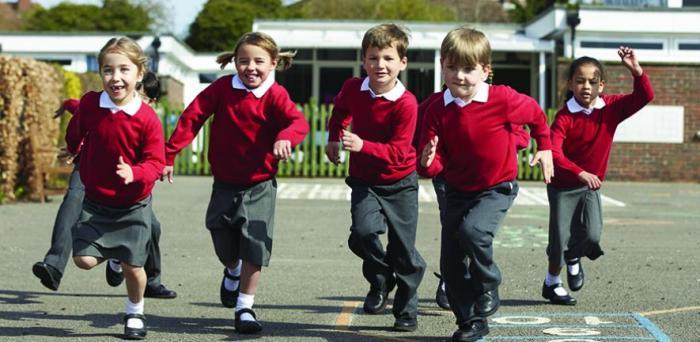The study, which analysed data from more than 4,000 children in England, suggests that those who do more physical activity are likely to have stronger ‘self-regulation’ – the ability to keep themselves in check – and in particular may find it easier to control their emotions at an earlier age. Physical activities which promote self-control in this way, such as swimming or ball sports, also have positive, knock-on effects for academic attainment.
This pattern of association, through which physical activity indirectly influences progress at school by supporting self-regulation, was found to be particularly pronounced among disadvantaged children. The authors of the study, which is published in the journal PLoS ONE, suggest that this may in part be because less-advantaged children often have fewer opportunities to participate in organised recreation and sports, and therefore experience stronger benefits when they do so.
The study was the first ever long-term analysis of the connections between physical activity, self-regulation and academic achievement. Researchers used data captured at three stages during childhood and adolescence: ages seven, 11 and 14.
Fotini Vasilopoulos, who led the study while a research student at the Faculty of Education, University of Cambridge, said: “Research examining the links between physical activity and attainment has produced mixed findings, but there is a positive, indirect relationship because of the impact on mental processes like self-control. This may be particularly important for children from families who find it harder to access sports clubs or other forms of physical activity outside school.”
Dr Michelle Ellefson, Reader in Cognitive Science at the Faculty of Education and a co-author, said: “In the context of COVID in particular, there may be a real temptation to encourage schools to maximise classroom time to stop children falling behind. This study is saying ‘think again’, because playtime and PE lessons benefit the mind in ways that children really need in order to do their best.”
Image: Children running
Credit: Image by 14995841 from Pixabay
Reproduced courtesy of the University of Cambridge
